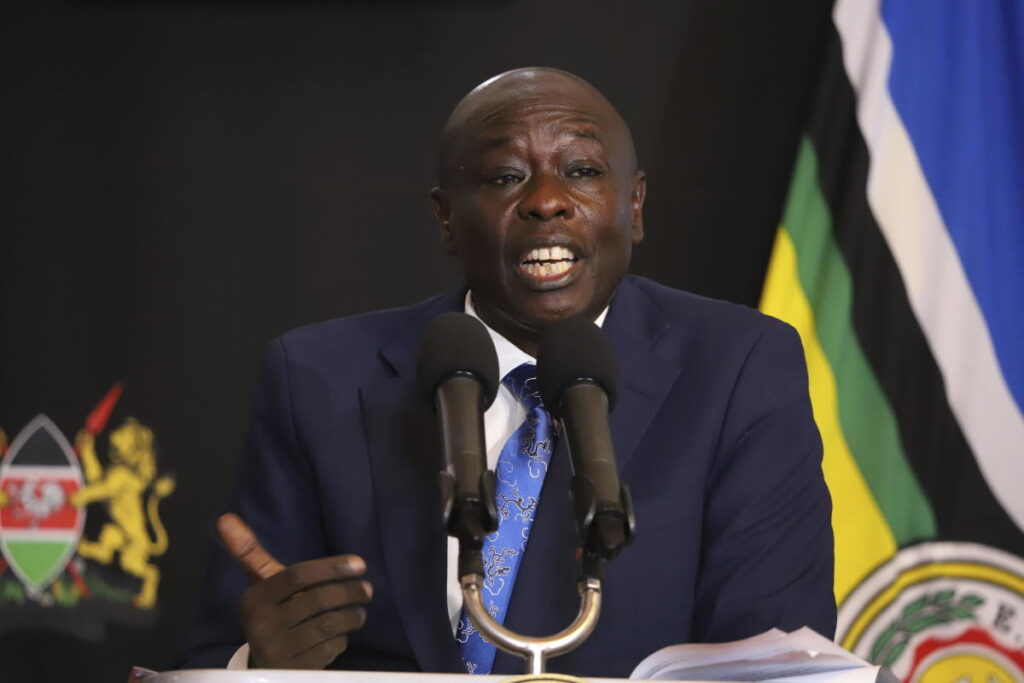Kenya’s Deputy President Rigathi Gachagua is facing an impeachment motion that accuses him of supporting anti-government protests last June and being complicit in corruption and other irregularities. In a recent televised address, Gachagua defended himself against these allegations, criticizing the legislator behind the motion for spreading falsehoods; he labeled the accusations as “shameful and sensational.” This move represents Gachagua’s first detailed public response to the impeachment charges. He confirmed plans to appear before parliament to present his defense, stating he would take two hours to do so, indicating the seriousness with which he is addressing the situation.
At public forums, tensions have been high, with clashes erupting between Gachagua’s supporters and opponents after public participation forms were filled out. Amid the political turmoil, the deputy president has sought to buttress his claims regarding his wealth, asserting that many assets included in the impeachment motion actually belong to his late brother. Furthermore, Gachagua justified the costs related to renovations at his official residence, characterizing them as essential repairs needed to “dignify” the building, which he argued was in disrepair.
In a more personal display of solicitude, Gachagua held a prayer meeting at his residence, during which he extended an apology to President William Ruto, legislators, and the Kenyan populace, asking for forgiveness for potential missteps during his time in office. However, he clarified that his apology was not an admission of guilt, stressing that he has no intention of resigning despite the mounting pressure from the impeachment proceedings. This statement aims to quell rumors regarding his possible departure from office amidst growing dissent.
As parliamentary discussions on the impeachment motion unfold, it is projected that a vote will follow on the same day. The magnitude of support for the motion has been illustrated by the fact that 291 legislators, well over the required threshold of 117 votes needed according to the constitution, have signed on to it. Nevertheless, some legislators hailing from Gachagua’s home region have begun to withdraw their support following feedback from their constituents, signaling possible shifts in allegiance as the political landscape evolves.
While these events unfold, President William Ruto has refrained from making any public comment regarding the impeachment motion against his deputy. However, he has previously expressed his intention not to publicly humiliate Gachagua, a stance likely influenced by his experiences with former President Uhuru Kenyatta during their second term in office, which was marred by political upheaval. This stance could indicate a desire to maintain a united front within the administration while addressing the internal discord without causing further destabilization.
Ultimately, the outcome of the parliamentary proceedings surrounding Gachagua will serve to either solidify or diminish the current administration’s stability. As divisions emerge within the legislature and among constituents, the implications of Gachagua’s defense and the subsequent vote will have lasting repercussions for both his political future and the unity of the Kenyan government. The unfolding drama epitomizes the complexities of governance and political dynamics in Kenya, as well as the challenges of maintaining leadership amid accusations of corruption and insurrection.

